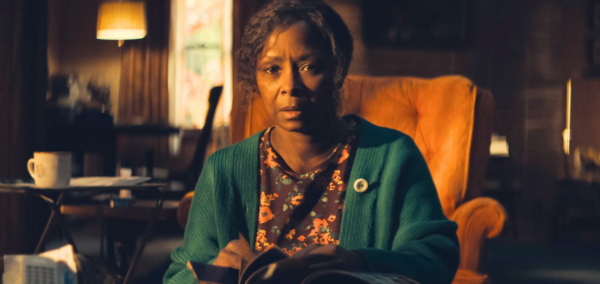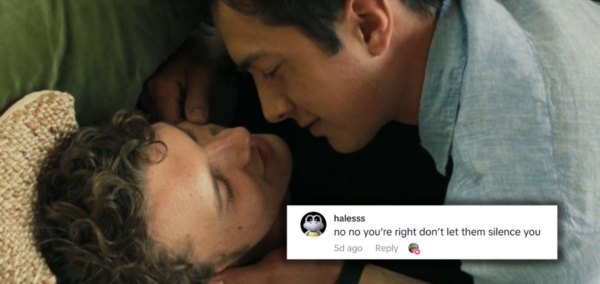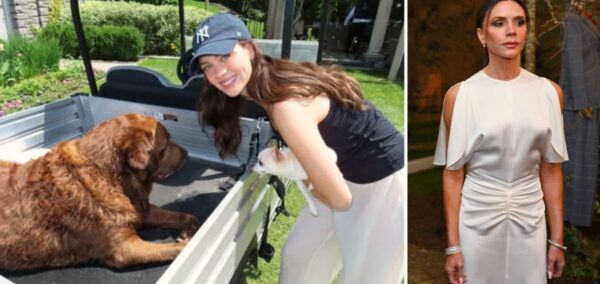
Robot built by Bristol University student breaks 4×4 Rubik’s cube world record
Meet the computer science student who broke the Rubik’s Cube record
A Bristol University student has created a robot which has broken the world record for solving a four-by-four Rubik’s Cube by 33 seconds.
22-year-old Matthew Pidden is the creator of the robot called “The Revenger”, which he designed for his dissertation project.
After watching David Gilday’s “Multicuber 3” robot set the previous record of one minute 18 seconds in 2015, Matt was inspired to break the record as part of his own university project.
Matt had always been interested in problem-solving and received his first Rubik’s Cube at the age of 10. He looked back on when he first properly discovered his interest, saying: “I remember when I was 11 or 12 going on YouTube and learning how to solve it in about a week, and for a while I got really into speed-solving them and got pretty good.”

Credit: SWNS
Matt soon began to develop an interest in robotics. Therefore, it seemed an obvious choice for him to undertake this challenge for his Bachelor’s degree in computer science.
Despite a short deadline and a tight budget, Matt designed and built the robot completely from scratch. He used computer vision techniques to scan the Rubik’s Cube via dual webcams, a custom mechanism to manipulate all the faces and a fully self-built solving algorithm to generate efficient solutions.
Matt’s genius invention solved the 4×4 Rubik’s Cube, also known as Rubik’s Revenge, in an impressive 45.305 seconds. However, Matt admitted that designing and programming the robot wasn’t easy, admitting: “It definitely became a labour of love, and it was actually harder than I thought it was going to be. I spent some long nights building in my room and am grateful for my housemates for tolerating the noise!
Most Read
The most challenging part was coordinating the scanning system, solver, and robot hardware to work together seamlessly and at high speed, all within a tight project deadline, though I was fortunate to have access to excellent guidance and facilities at the University of Bristol which made it possible.”

Credit: SWNS
The project helped Matt uncover his passion for robotics, as he expressed: “I’ve experimented with robotics before, but never at scale. To be honest, a lot of people told me I was crazy to try this in the first place, but my supervisor Dr Neill Campbell believed in me and I’ve really enjoyed the challenge.”
Matt also credits his older brother Thomas, a product designer, for helping him along the way and giving him valuable feedback and advice. He added that Thomas had “suggested some small tweaks that helped me progress.”
Matt hopes his project inspires others and encourages fellow students to give the record a go. His success in his project has helped him land a place at Imperial College London, where he plans to study for a Master’s in Robotics in the upcoming year.
Featured image via SWNS





















